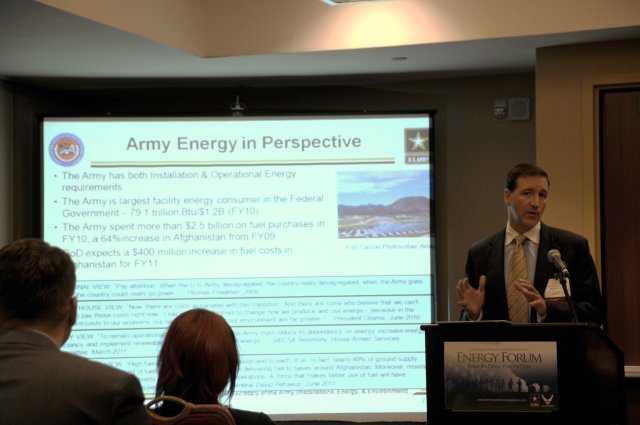Notorious hacker group Anonymous on posted a defiant message to police Thursday and boasted of plundering sensitive data from NATO computers.
“We are not scared anymore,” read an online message that purported to be a response by Anonymous and splinter group Lulz Security.
“Your threats to arrest us are meaningless to us as you cannot arrest an idea… there is nothing — absolutely nothing — you can possibly do to make us stop.”
As if to underscore the point, a message posted at a Twitter account by “AnonymousIRC” claimed to have looted about a gigabyte of NATO data that even the rebel hacker group deemed too sensitive to release.
“Yes, we haz (sic) more of your delicious data,” the Twitter post read. “You call it war; we laugh at your battleships.”
US authorities arrested 16 people for cyber crimes on Tuesday, including 14 over an online attack on the PayPal website claimed by Anonymous.
The US indictment against the 14 hackers alleges the denial of service (DDoS) attacks on PayPal were “retribution” because the site terminated a donation account for the whistle-blowing group WikiLeaks.
Anonymous hackers called the PayPal attacks “Operation Avenge Assange,” in reference to WikiLeaks founder Julian Assange, the indictment said, adding that the US raids were coordinated with police in Britain and the Netherlands.
The PayPal attack suspects were arrested during raids in Alabama, Arizona, California, Colorado, Florida, Massachusetts, Nevada, New Mexico, Ohio and the US capital Washington.
The cyber attackers used aliases such as “Toxic,” “Reaper,” “Anthrophobic” and “No.”
Separately, two suspects were arrested under similar indictments in Florida and New Jersey, while British police arrested one suspect and Dutch police four.
In all, FBI agents made 35 raids across the United States as part of a probe into “coordinated cyber attacks against major companies and organizations,” the FBI said, adding that to date more than 75 searches have been carried out.
Anonymous said its targets are governments that manipulate people with lies and fear, and corporations that lobby and ally themselves with such governments for profits.
“These governments and corporations are our enemy,” the message at pastebin.com read.
“And we will continue to fight them, with all methods we have at our disposal, and that certainly includes breaking into their websites and exposing their lies.”
Colombia’s President Juan Manuel Santos on Wednesday tweeted that his Facebook page had been hacked by Anonymous, which took a swipe at the country’s independence celebrations.
Anonymous left short phrases that are one of its calling cards, and a link to a video entitled “False Independence” on his personal page as Colombia marks the 201st year of its independence from Spain.
Anonymous also sabotaged Turkish sites last month to protest against Internet censorship.
“The Anonymous bitchslap rings through your ears like hacktivism movements of the 90s,” said the online message rebutting FBI comments condemning the group’s attacks.
“We’re back and we’re not going anywhere,” it continued. “Expect us.”
Anonymous rose to infamy last year with cyber attacks in support of WikiLeaks.
The group was linked to attacks on Visa, Mastercard and PayPal, which blocked donations to the controversial anti-secrecy WikiLeaks after it published a quarter million US diplomatic cables stolen in a cyber attack.
Early this year, Anonymous took credit for breaking into the website of HBGary Federal, stealing tens of thousands of email messages and temporarily routing traffic in retaliation for the technology security company’s work in helping hunt the group.











